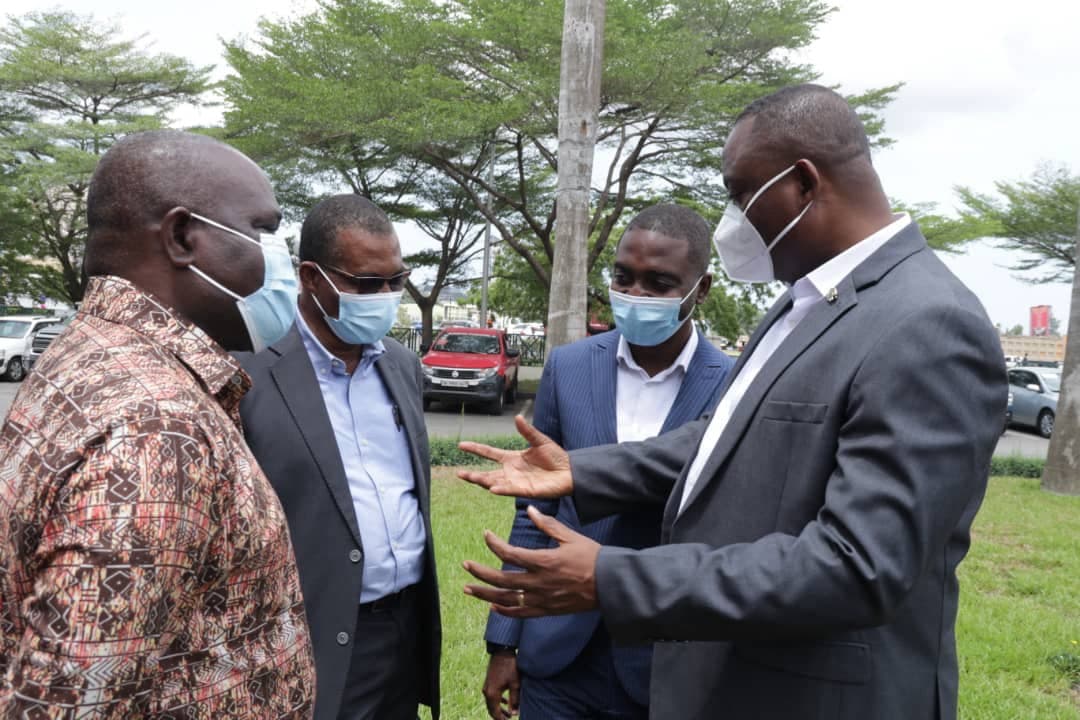Entrepreneurial Not-for-Profit Organisation, PharmAccess Foundation Ghana has collaborated with the Christian Health Association of Ghana (CHAG) to set up a GH¢2 million interest-free revolving fund to support the rapid payment of medicine supplied to about 60 hospitals nationwide.
All hospitals under CHAG have been allocated GH¢200,000 quarterly, to pay for medicine supplied to their medical facilities. The initiative comes under PharmAccess’ digital platform, known as MED4ALL, which links health service providers with certified and authentic medicine sources.
Speaking to the B&FT, Country Director of PharmAccess Foundation, Dr. Maxwel Antwi said the programme, among other things, aims to fight the growing fake medicine menace, improve access to healthcare, provide affordable medicine and guarantee the quality of medicine supply nationwide.
“We realised that COVID-19 has impacted the health facilities in three major ways; first, operational cost has gone up because of the infection control mechanism such as buying sanitisers, PPE etc. Secondly, patient attendance has gone done which has impacted revenue; while operational cost is up, revenue is down.
This creates room for the risk of infiltration of medicine that cannot be trusted. To cure this, we need to plug that financing gap and that is what this revolving fund seeks to do; to make sure that providers and health facilities of CHAG have access to monies they can use to buy medicines at zero interest rate” Dr. Antwi said.

Repayment
CHAG members have six months to pay back the loan but have been encouraged by Dr. Antwi to pay back in three months as a means to boost their creditworthiness.
Data on fake medicine
The data on fake medicines globally and in Ghana has been described by many health professionals as overwhelming. The fake medicines market globally is estimated to be worth over €400 billion and is more profitable than narcotics which is estimated to be worth half the amount.
In 2013 the European Union compiled a league table of countries with the highest burden of fake medicines – Ghana was number six and since then little has been done to improve the score.
The London School of Hygiene and Tropical Medicine estimates that over 100,000 deaths are caused each year by substandard and fake antimalarial in sub-Saharan Africa.
A 2011 study in Kintampo in the then Brong Ahafo region found 37 percent of antimalarial tested, were substandard. Another study in Ghana found 13 out of 14 tested artemisinin-based antimalarial contained either an underdose or an overdose of the specified drug
CHAG
Executive Director of CHAG, Dr. Peter Yeboah, who was delighted with the collaboration noted that CHAG members constitute the second-largest healthcare providers nationwide and this great opportunity seeks to better the nation’s healthcare system.
According to him, the success of the programme in the next six months –the piloting phase- would go a long way to ensure continuity and urged members to stay true to the payment plan of funds allocated.










